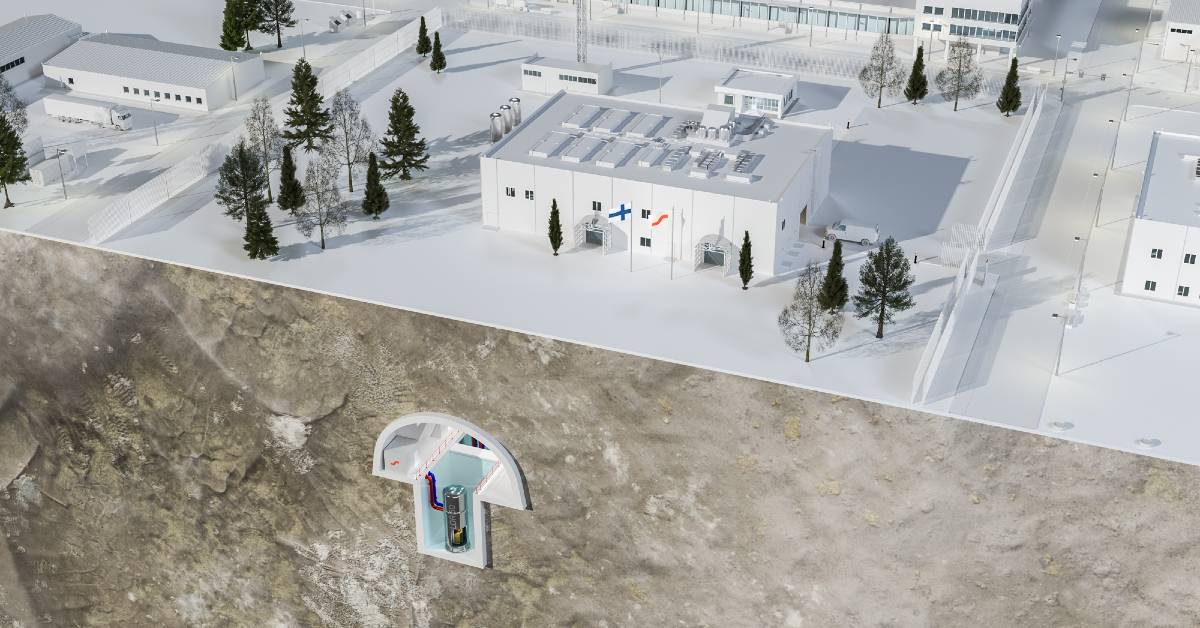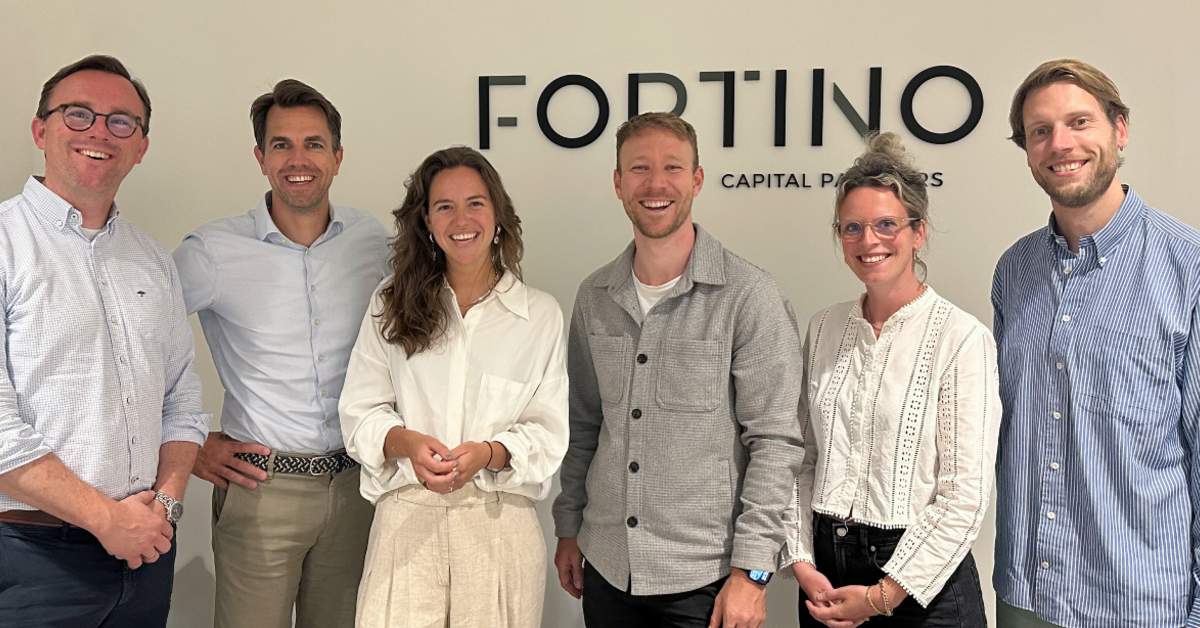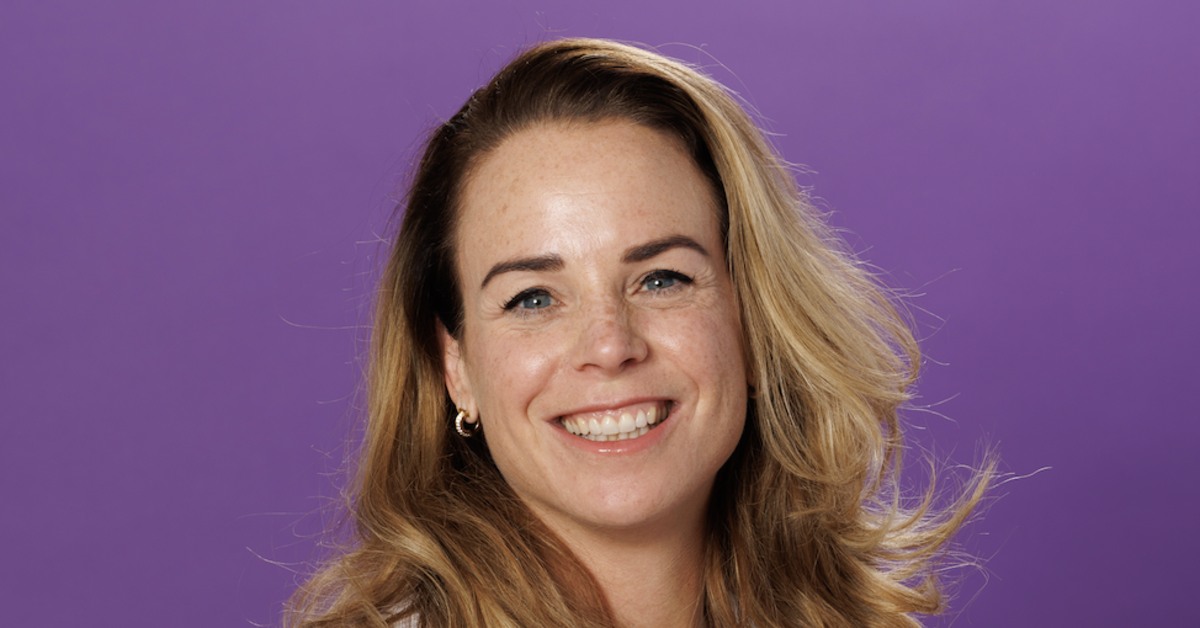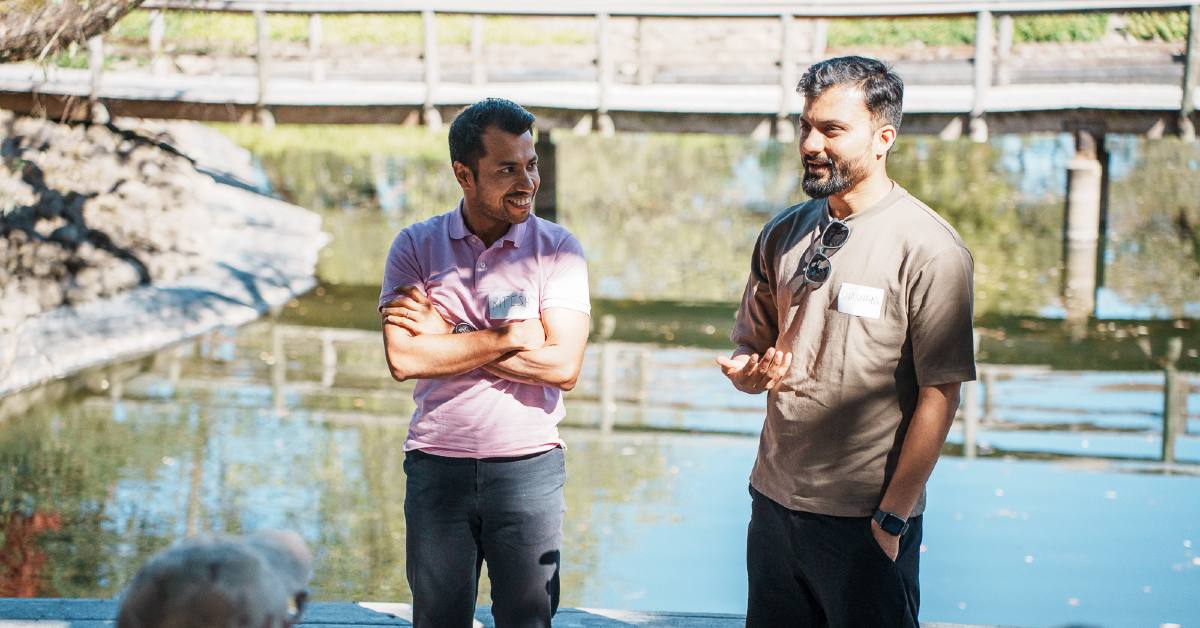London-based Fuse Energy, a renewable energy company, announced that it has secured $12M (approximately €10.77M) in strategic funding to develop Project Zero, a decentralised renewable energy network.
The investment was led by Multicoin Capital alongside Anatoly Yakovenko and other partners.
In 2025, Project Zero will debut the Fuse installer marketplace, Fuse retail energy provider in international markets, and the Fuse EV network. It aims to overcome outdated grid infrastructure, ensuring electrification benefits the climate, and providing clean, affordable, and abundant energy for all.
The project will launch a points programme in Q1 2025 ahead of the mainnet launch, with the first product demo at Breakpoint, Solana’s developer conference.
The goal for Project Zero is to become the world’s largest decentralised energy network, with its token serving as a global currency and settlement layer for energy.
Brief about Fuse Energy
Fuse, co-founded by Alan Chang and Charles Orr in January 2022, operates and maintains solar and wind farms across the UK. Its team includes engineers from companies like Meta, Citadel, Tesla, and Palantir.
The company aims to transform energy systems with decentralised technology and cryptocurrency incentives. Its initiative is a decentralised physical infrastructure network (DePIN), using blockchain technology and tokens to transform renewable electricity projects.
Project Zero has now raised $90M from investors, including Multicoin Capital, Accel, Lowercarbon Capital, Ribbit Capital, Anatoly Yakovenko, and Nico Rosberg.
What is Fuse Energy solving?
Energy production and usage contribute 75 per cent of greenhouse gas emissions, creating a major climate challenge. Outdated grid infrastructure struggles to support renewable energy due to the rising demands from electric vehicles and AI.
A distributed network of flexible, renewable energy resources, such as solar panels, batteries, and smart EV chargers—known as distributed energy resources (DERs)—can reduce grid load and enhance integration efficiency.
This setup supports virtual power plants (VPPs) and is essential as energy supply becomes more intermittent. However, adoption is hampered by two main issues: limited access to incentives and complex installation procedures.
Although incentives for greener energy use exist, they are difficult to access. The electrification process is also unreliable due to high upfront costs, non-standardised procedures, and poor installer coordination, leading to higher costs and “decision paralysis”.
Simplified and accelerated installation services are needed to address these problems effectively.
Fuse looks to boost global renewable energy adoption by rewarding contributors for increasing renewable energy use and generation, as well as home electrification with solar panels and batteries.
The company is backed by top-tier investors such as Balderton, Lakestar, Accel, Creandum, Lowercarbon, and Ribbit.
Project Zero: Everything you need to know
Developed by Fuse, the Project Zero product suite simplifies the net zero transition through straightforward, distributed, and rewardable actions.
The suite includes building one terawatt of renewable power capacity delivered at a discount; supporting the grid with user-contributed green electricity; creating an advanced EV charging solution with global routing; and, establishing a vetted installer marketplace for energy resources with standardised processes.
A key focus of Project Zero is to develop an economic system that rewards participants for their contributions to the network and the environment.
Participants earn Project Zero tokens by engaging in actions that support network growth. These tokens can be redeemed for discounted solar, battery, EV, energy efficiency upgrades, and low-cost renewable energy.
“Together, we’re driving collective action toward a future where energy is abundant, affordable, and accessible to all,” says Fuse.










01
From telecom veteran to Dutch Startup Visa success: The Jignesh Dave story